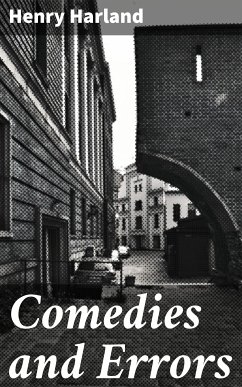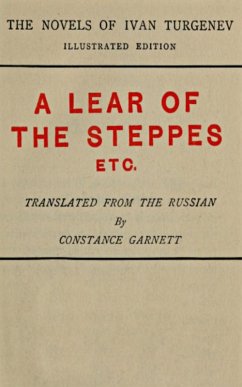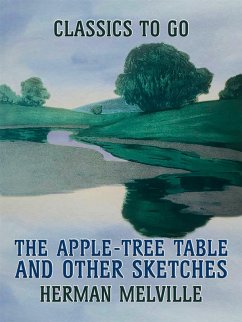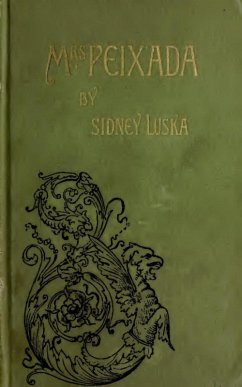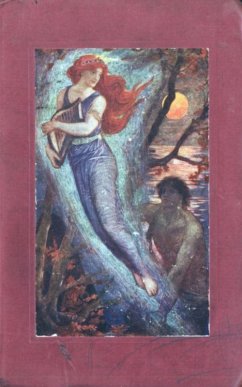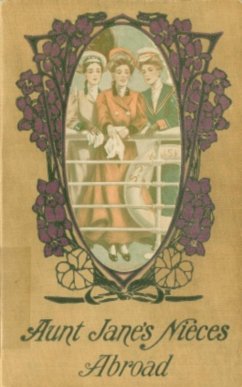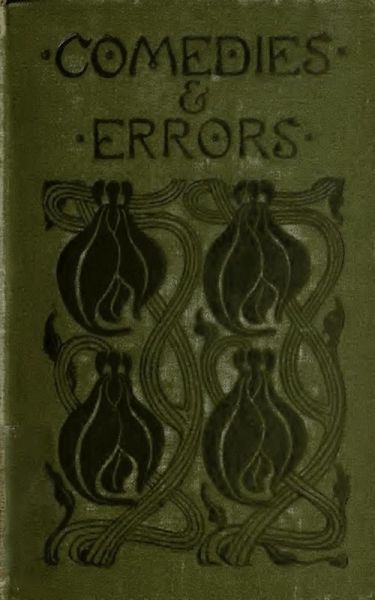
Comedies and Errors (eBook, ePUB)
Versandkostenfrei!
Sofort per Download lieferbar
0,99 €
inkl. MwSt.
Weitere Ausgaben:

PAYBACK Punkte
0 °P sammeln!
Every one who knew Rome fifteen or twenty years ago must remember Miss Belmont. She lived in the Palazzo Sebastiani, a merry little old Englishwoman, the business, the passion, of whose existence it was to receive. All the rooms of her vast apartment on the piano nobile were arranged as reception-rooms, even the last of the suite, in the corner of which a low divan, covered by a Persian carpet, with a prie-dieu beside it, and a crucifix attached to the wall above, was understood to serve at night as Miss Belmont's bed. Her day, as indicated by her visiting-card, was Thursday; but to those who ...
Every one who knew Rome fifteen or twenty years ago must remember Miss Belmont. She lived in the Palazzo Sebastiani, a merry little old Englishwoman, the business, the passion, of whose existence it was to receive. All the rooms of her vast apartment on the piano nobile were arranged as reception-rooms, even the last of the suite, in the corner of which a low divan, covered by a Persian carpet, with a prie-dieu beside it, and a crucifix attached to the wall above, was understood to serve at night as Miss Belmont's bed. Her day, as indicated by her visiting-card, was Thursday; but to those who stood in her good books her day was every day, and-save for a brief hour in the afternoon, when, with the rest of Rome, she drove in the Villa Borghese-all day long. Then almost every evening she gave a little dinner. I have mentioned that she was old. She was proud of her age, and especially proud of not looking it. "I am seventy-three," she used to boast, confronting you with the erect figure, the bright eyes, the firm cheeks, of a well-preserved woman of sixty. Her rooms were filled with beautiful and precious things, paintings, porcelains and bronzes, carvings, brocades, picked up in every province of the Continent, "the spoils of a lifetime spent in rummaging," she said. All English folk who arrived in Rome decently accredited were asked to her at-homes, and all good Black Italians attended them. As a loyal Black herself, Miss Belmont, of course, knew no one in any way affiliated with the Quirinal.
Dieser Download kann aus rechtlichen Gründen nur mit Rechnungsadresse in A, B, BG, CY, D, DK, EW, E, FIN, F, GR, H, IRL, I, LT, L, LR, M, NL, PL, P, R, S, SLO, SK ausgeliefert werden.




